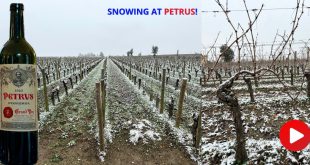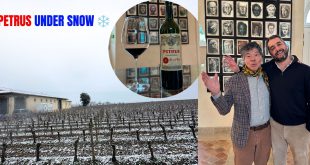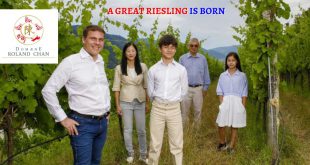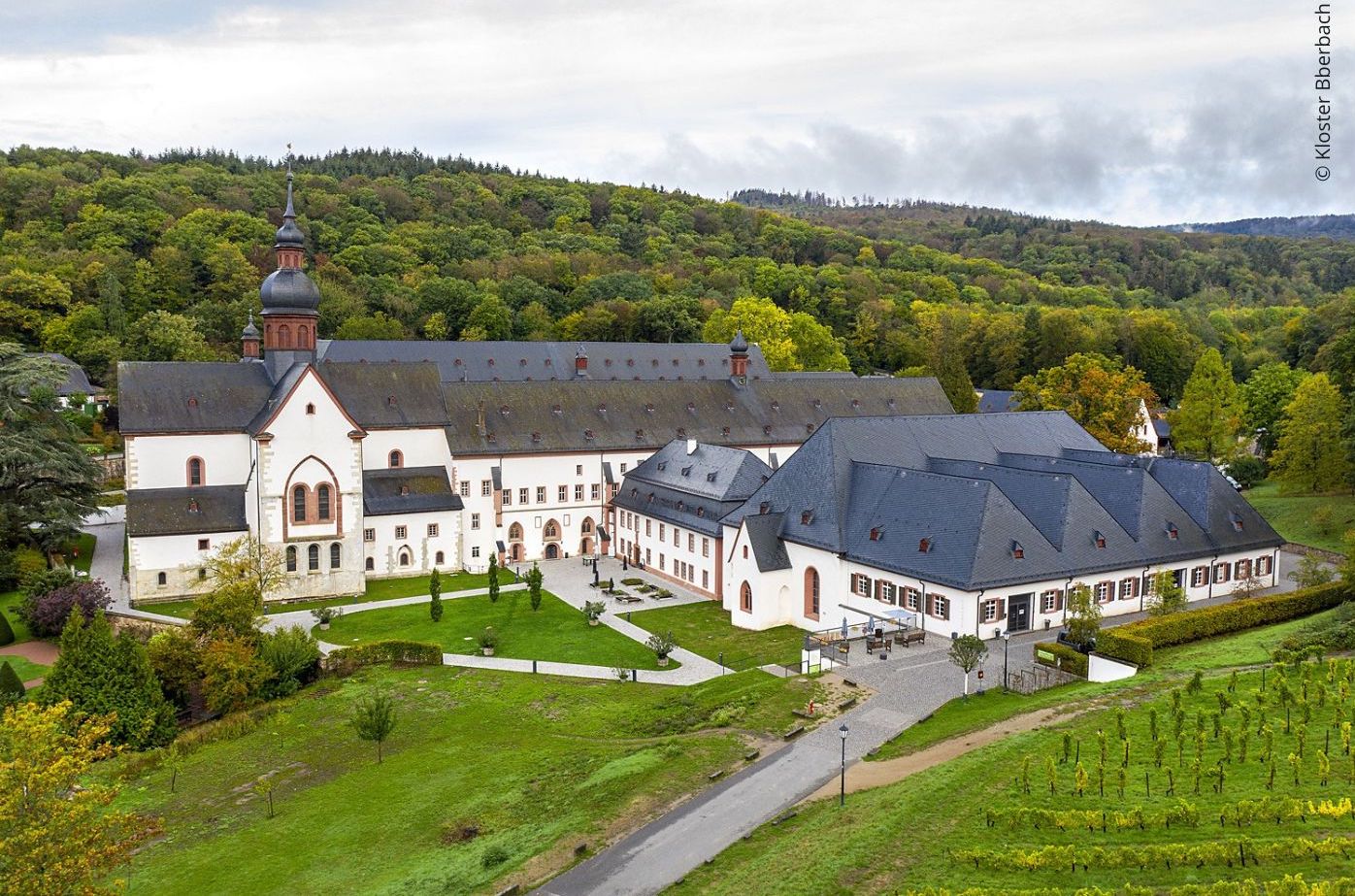 Kloster Eberbach was originally founded by Bernard de Clairvaux, an abbot from Burgundy
Kloster Eberbach was originally founded by Bernard de Clairvaux, an abbot from Burgundy
Kloster Eberbach is a fabled estate as steeped in history as some of the slopes of its vineyards in the Rhine Valley.
The first monastic house on the site was founded more than 900 years ago in 1116. It was subsequently bestowed upon Benedictine monks but the order failed to establish itself. As a result, in 1136, the Burgundian abbot Bernard of Clairvaux founded Kloster Eberbach as the first Cistercian monastery on the east bank of the Rhine. The religious order became one of the largest and most active monasteries of Germany.
Kloster Eberbach was economically very successful mainly because of the profits it generated from the vineyards and production of wine. Today, that tradition continues except Kloster Eberbach became secularised and its ownership transferred to the State of Hesse in 1945.
The final evolution – and devolution – of the original religious estate took place on 1 January 1998 when the State of Hesse transferred the entire abbey complex into the ownership of the Stiftung Kloster Eberbach, a publicly owned charitable foundation.
 The estate in Eltville, Rheingau, is particularly famous for its Riesling
The estate in Eltville, Rheingau, is particularly famous for its Riesling
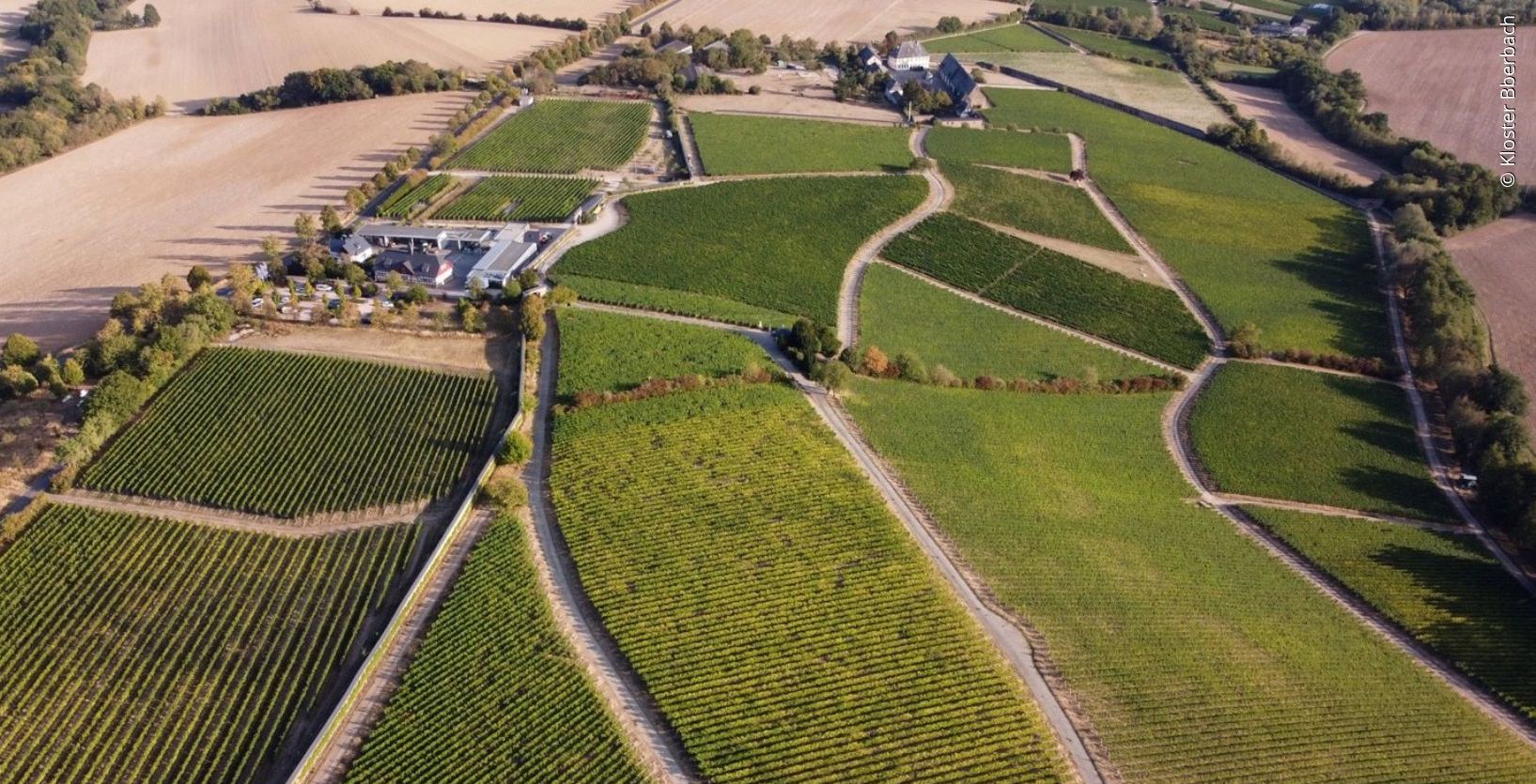 The vineyard covers almost 230 hectares which produce about 2.3 million bottles a year
The vineyard covers almost 230 hectares which produce about 2.3 million bottles a year
 Kloster Eberbach includes a hotel, restaurant, winery, gift shop and meeting rooms. You can also get married there
Kloster Eberbach includes a hotel, restaurant, winery, gift shop and meeting rooms. You can also get married there
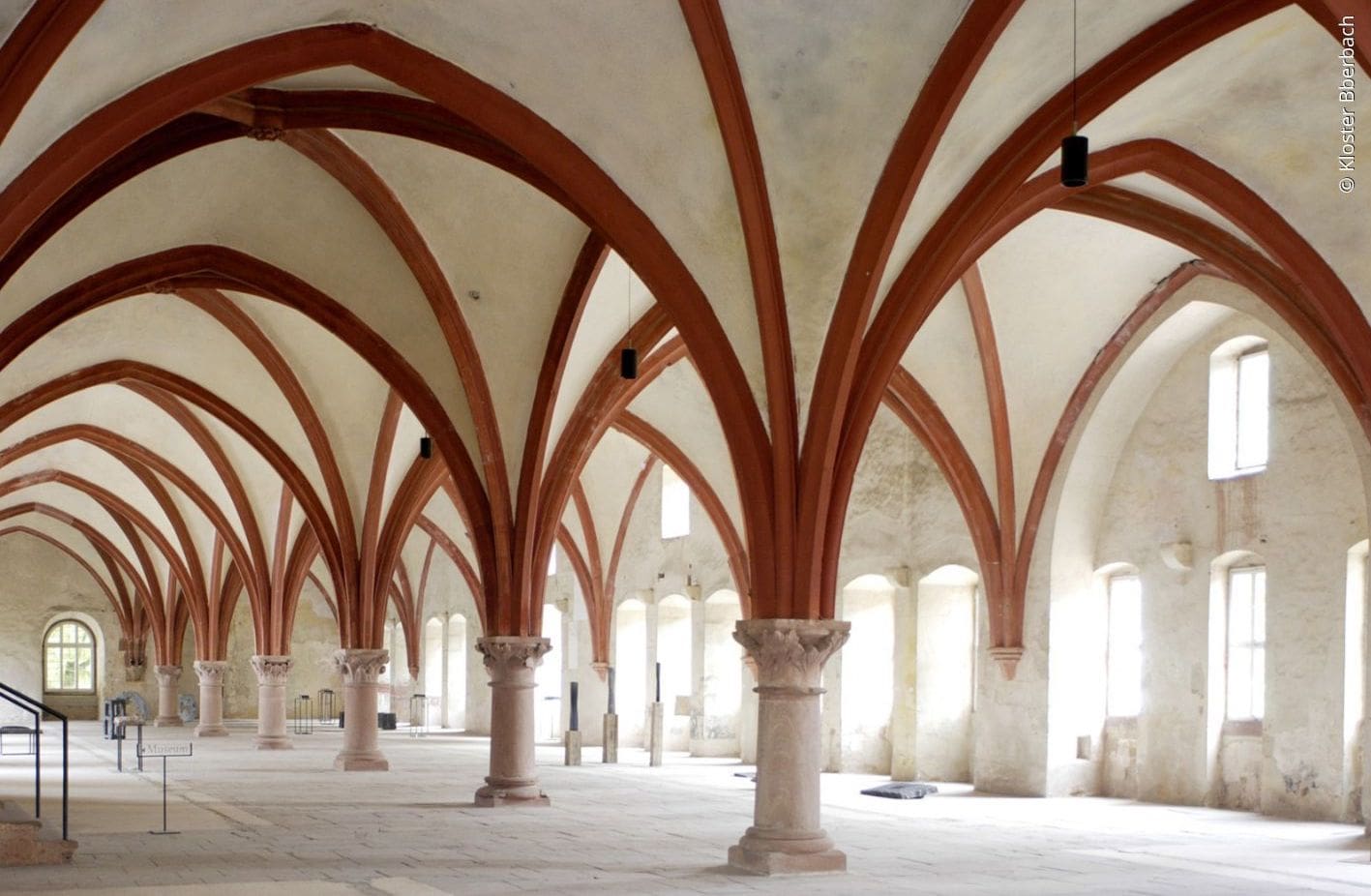 The architecture and cloister are breathtaking
The architecture and cloister are breathtaking
 Whether sparkling, white or red, the wines are driven by fruit, not oak
Whether sparkling, white or red, the wines are driven by fruit, not oak

TASTING NOTES
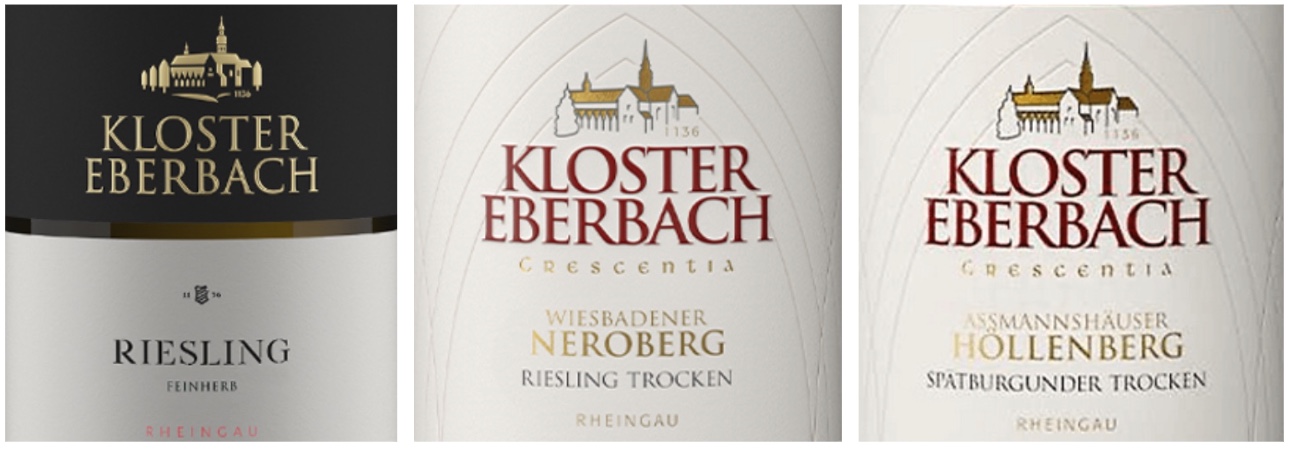
Kloster Eberbach Feinherb Rheingau Riesling 2020 ![]()
Light, bright straw. Green apples, citrus and a hint of minerality. Off-dry and very fresh. A delicious thirst-quencher and a great pairing with cold cuts including ham and salami.
Kloster Eberbach Riesling Neroberg Riesling Trocken 2020![]()
Bright straw in colour. Outstanding intensity of appley, citrussy fruit with a hint of honey. Great persistence and long finish. This single-vineyard is also a monopole that belongs exclusively to Kloster Eberbach. “Crescentia” on the label refers to a single-vineyard wine of a top level.
Kloster Eberbach Steinberger Rheingau Riesling Spatlese 2017![]()
Light yellow in hue. Very scented. Raisins, honey and intensely ripe pineapples. Rich concentrated fruit that is incredibly fresh. Uber long finish. In the 18th Century, to protect against grape thieves and animals, the monks built a wall up to five metres high and almost three kilometres long around this favoured vineyard. The sweetness of this outstanding Riesling makes it a perfect pairing with spicy dishes including Thai, Sichuan, Indonesian and Indian.
Kloster Eberbach Hollenberg Rheingau Spatburgunder Trocken 2019![]()
Bright ruby. Elegant raspberry fruit of very good intensity. The ripe tannins give way to an outstanding roundness of freshness. Medium-plus bodied. The very steep Assmannshausen vineyard has been growing Pinot Noir, aka Spatburgunder, since 1507 and is located in the UNESCO World Heritage Upper Central Rheintal.

